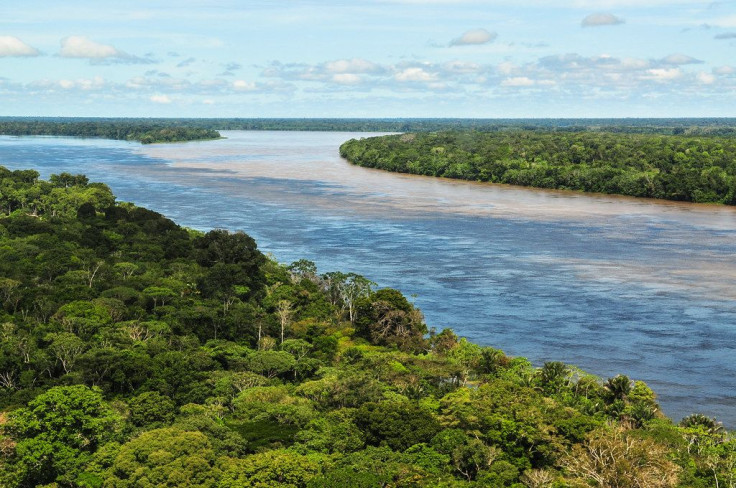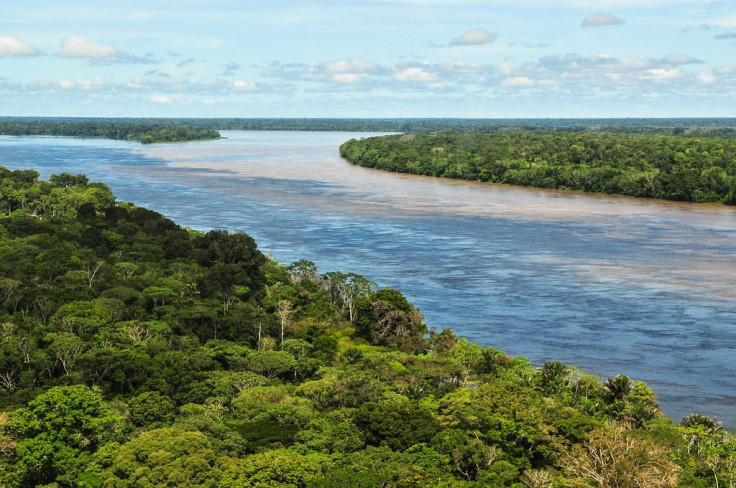Brazil’s Amazon Now Emits More CO2 Than It Absorbs

The Amazon rainforest emits more carbon dioxide than it absorbs, according to a new research study.
Research published in the journal "Nature" revealed that the forest now emits a billion tons of carbon dioxide a year. Previously holding an important role in absorbing the world’s carbon dioxide, an increase in deforestation to create more space for beef and soy production has led to more forest fires and a change in carbon balance as a result.
Once a "carbon sink," the Amazon is now accelerating carbon emissions, according to the study.
The world's largest rainforest had long played a critical role in maintaining climate balance. The Guardian noted that plants and soil consistently absorb 30% of emissions, even as the emissions increased by 50% over the past half-century. The forest also had a role in sustaining the region’s water cycle, with moisture put into the air by trees responsible for as much as 35% of the region’s rainfall, according to the New York Times.
Brazil is in “a negative loop,” according to Luciana Vanni Gatti, a scientist at Brazil’s National Institute for Space research and an author for the new research.
“The first very bad news is that forest burning produces around three times more CO2 than the forest absorbs. The second bad news is that the places where deforestation is 30% or more show carbon emissions 10 times higher than where deforestation is lower than 20%,” she said.
A correction isn't expected anytime soon. Brazilian President Jair Bolsonaro has overseen a 9.5% increase in deforestation from 2019 to 2020.
The Bolsonaro government has a clear policy for dismantling national environmental policies, according to Suely Araujo, a senior specialist in public policies and climate change issues at Brazil’s Observatorio do Clima.
“He is delegitimizing the federal environmental bodies and its employees, sacking competent staff and appointing ill-prepared people to head departments and ‘flexibilizing’ the regulations that form an important part of environmental policies in every country,” Araujo told environment website Mongabay.

Photo: Creative Commons





















